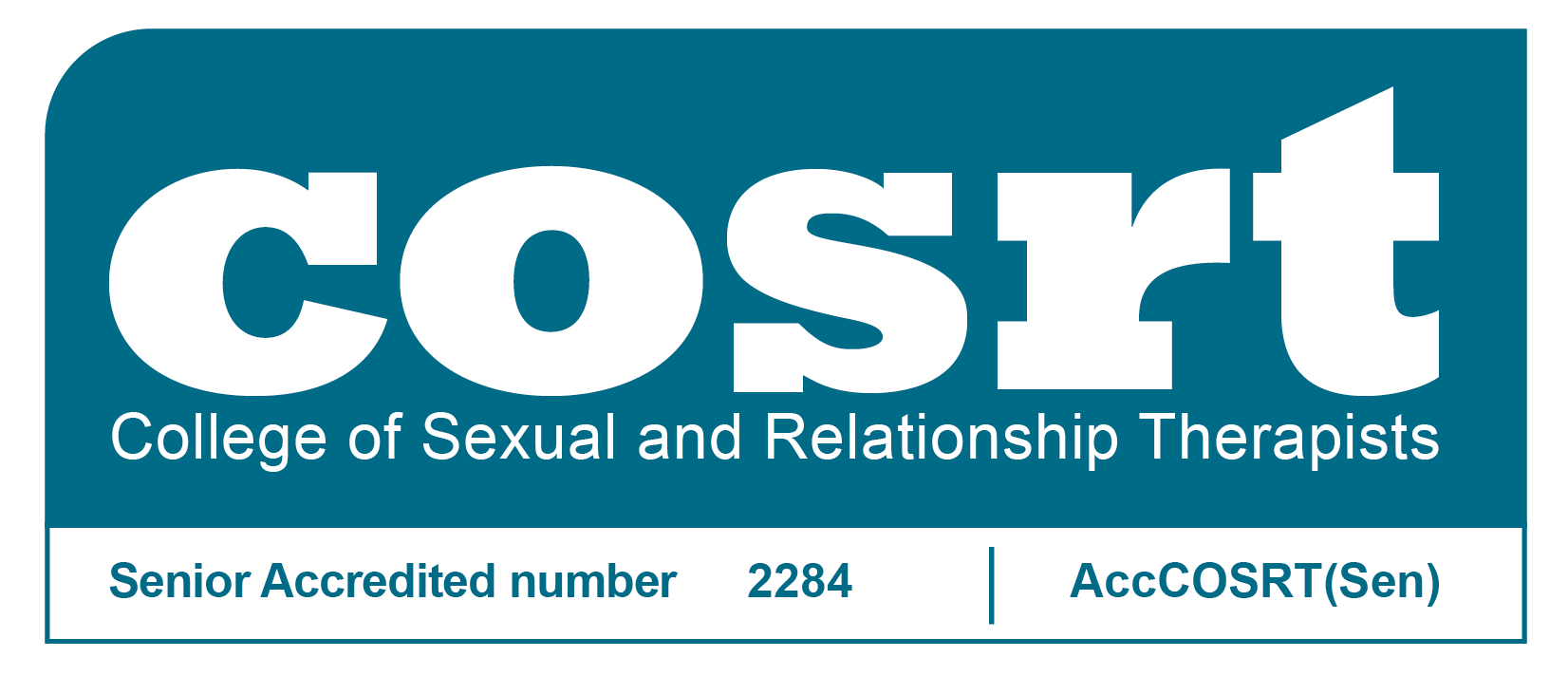My approach to therapy
I have a pluralistic and integrative approach to therapy. This approach allows for multiple viewpoints and interpretations and it could be argued is the most ethical and neutral approach. Integration questions certainty of any one 'truth' and allows people to consider what might be the more useful or helpful interpretation. Pluralism is basd on the assumption that no single therpaeutic approach has the monopoly on what is best for a client. It acknowledges that each client is unique and may require, and benefit from a variety of approaches. I think it is important to consider first what is now, rather than what should be. Therapy is about expanding our knowledge of ourselves and others in the presence of another. I will ask clients "is there another way of looking at this behaviour, situation or feeling?" The most important thing agreed by therapists across all modalities is the relationship between client and therapist. I am creative in my approach and work with what is present in the therapy room at any one time. I view theory and study as useful tools but recognise the importance of being fully present and listening attentively to my client(s), regarding them as the experts on their feelings and emotions.
In relationship therapy with couples I regard the relationship as the client while also attending to the individual. We look at improving communication and helping partners to recognise each others triggers and gain an insight and an understanding of their partner's world. This insight can engender empathy and acceptance. Encouraging partners to practise fully attentive listening is one of the most powerful tools in relationship work. I may also work with adult family relationships or relationships between friends.
I encourage a ‘mindful’ approach to the therapeutic work. Many sexual problems are related to anxiety and the, what I like to call, ‘what if ?’ syndrome. People worry about “what if I do this or that, or my partner doesn’t do this or does do that? " I will encourage people to try to give their attention in a kindly way to the present moment to the 'what is?'. With this approach clients can become more aware of what they are actually feeling and sensing in the moment, rather than worrying about what might happen in the future.
There is no guarantee of success with any kind of therapy and it is important that even if it is two steps forward and one step back (and it often is) that overall the client is finding it helpful. If not, then it is important that we reflect on the work and think about how useful adjustments might be made according to individual needs. I will also consider alternatives such as referral to other clinicians, therapists or support services.

 Sidebar Menu
Sidebar Menu




